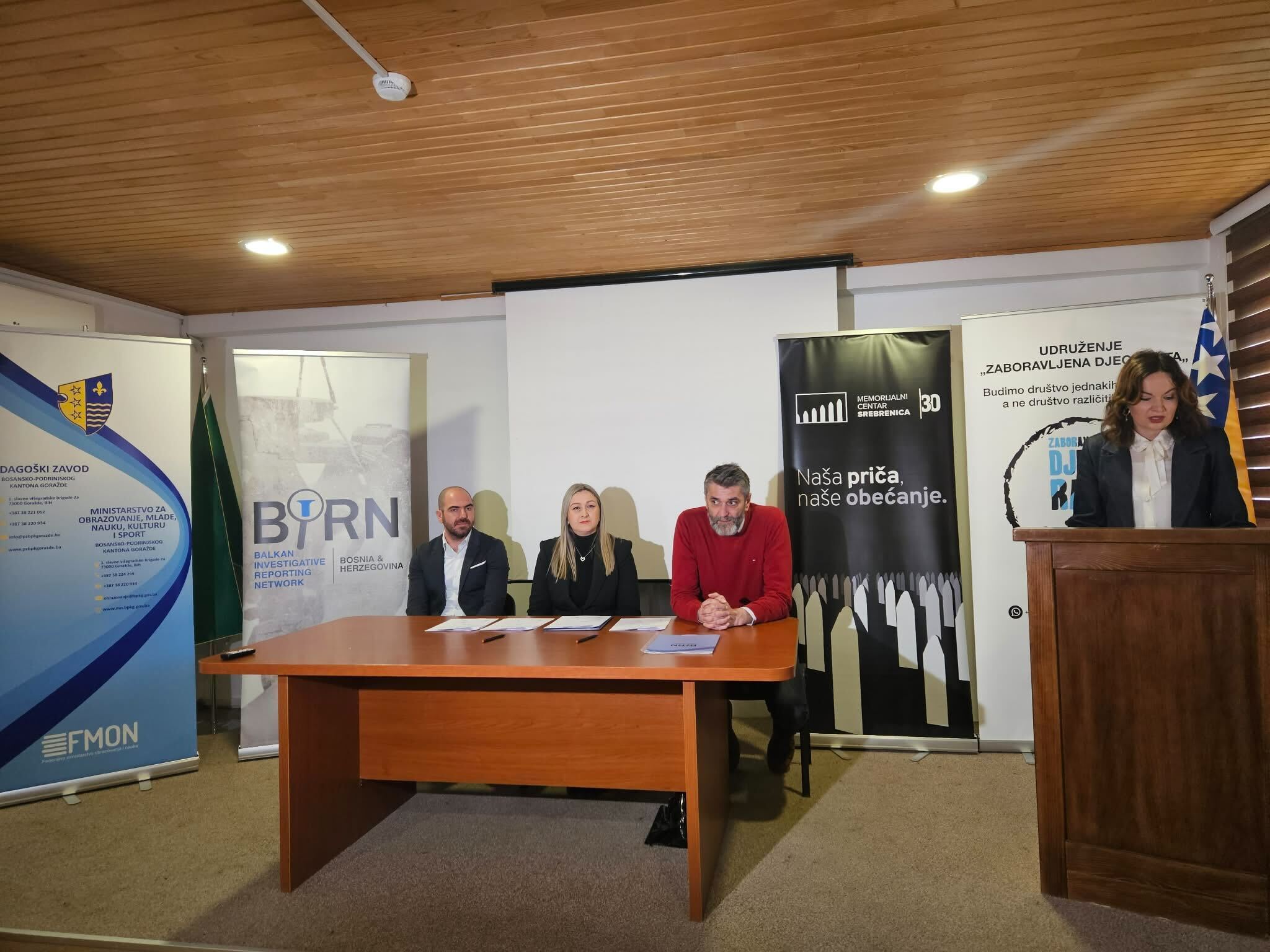This post is also available in: Bosnian
Legal experts have criticised the UN decision to set up an international Residual Mechanism to process the Hague Tribunals two remaining fugitives, Ratko Mladic and Goran Hadzic.
They say it appears to reflect suspicions in the international community concerning the two mens ability to secure a fair trial in the region.
Representatives of the International Criminal Tribunal for the Former Yugoslavia, ICTY, and the Court of Bosnia and Herzegovina dispute this interpretation.
They maintain that the international community has already shown that it respects the professional work and high standards of criminal proceedings of courts in the region.
But disagreement about what the new body means has continued.
While representatives of Serbia and Bosnia and Herzegovina maintain that questions about the capacities of courts in these countries have not affected the UN decision, Croatias head of cooperation with the ICTY said the UN clearly had taken this factor into consideration when making its decision.
The UN Security Council adopted a resolution last December establishing the Residual Mechanism, tasking it with continuing the ICTYs work after that courts expected closure.
The mechanism allows the basic functions of the ICTY to continue beyond the parent courts demise. The resolution defines the new body as a small, temporary and effective structure, whose functions and size will be reduced over time.
The Residual Mechanism will have the power to prosecute persons against whom the ICTY issued indictments and who are arrested after the ICTY closes, as well as other persons seen as obstructing the implementation of justice.
It will also have the power to review judgments, oversee the enforcement of sentences and decide parole.
According to plan, the Hague Tribunal will stop in 2014, after which the Residual Mechanism will have an initial term of four years, which can be extended every two years.
Mladic, former commander of the General Staff of the Army of the Republic of Srpska, is indicted for genocide and other grave crimes committed in Bosnia and Herzegovina during the 1992-1995 war.
Hadzic, a former leader of the wartime Serbian entity in Croatia, is indicted with a number of crimes committed in eastern Slavonia, Croatia. Both men are still on the run.
Lack of confidence:
Goran Sluiter, a professor of international law at the University of Amsterdam, told BIRN-Justice Report that the decision to set up the Residual Mechanism raises doubts about the capacity of the judiciary in the region.
I think the UN lacks confidence in the capacity of the local judiciary to deal with these cases , and of course there is also doubt about the impartiality in such big cases, said Sluiter.
Alexander Knoops, a professor of international criminal law at the University of Utrecht, agrees. The UN will have to explain its decision to the public, he said.
Its possible that the formation of the Residual Mechanism shows a lack of confidence in local courts because such a mechanism is not necessarily a better option for the prosecution of Mladic and Hadzic than the courts in the former Yugoslavia, Knoops added.
This concern is also shared by Peter Robinson, the defence lawyer for Radovan Karadzic, the former president of the Republika Srpska now on trial before the ICTY.
Its always better that trials are conducted in the locality where the crimes were committed and that trials are conducted in communities that are the most affected, he said.
The attitude of the UN, that a Residual Mechanism is needed to prosecute the remaining two fugitives, must be based on a conclusion that Serbian leaders like Mladic and Hadzic cannot get a fair trial in the courts in Bosnia and Herzegovina and Croatia, Robinson told BIRN-Justice Report.
But representatives of the ICTY itself and the Court of Bosnia and Herzegovina dispute the truth and the validity of such a conclusion.
They say Bosni



